
By: Andy Chapman
Added: 21 September 2023
Biologically speaking, our ancestors stored fat to survive the winter months when food was scarce and they hunted less due to adverse weather conditions. While our modern lifestyles may not require the same survival instincts, it is essential to acknowledge the biological factors that influence our behaviours. By understanding why we tend to become less fit during autumn, we can better appreciate the importance of combating this slowdown through regular exercise.
Biological and Genetic Factors: Our Ancestral Heritage
The inclination to slow down and conserve energy in autumn can be traced back to our ancestors. Throughout evolution, humans developed mechanisms to adapt to seasonal changes, where they would store fat during autumn to sustain themselves during winter when food supplies were scarce.
Also, harsh weather conditions limited their ability to hunt or engage in intense physical activities. Although we no longer face these survival challenges, these biological predispositions continue to influence our behaviour.
The Consequences of the Autumn Slowdown
Unfortunately, our modern lifestyles often add to the consequences of the autumn slowdown. Reduced exercise, combined with increased caloric intake, can lead to weight gain and a decline in overall fitness. The reduced daylight hours can affect our mood and energy levels, making us more susceptible to this seasonal slowdown. Additionally, the comfort foods often associated with autumn, such as Sunday roasts and hearty desserts, further contribute to weight gain and a decrease in fitness levels.
The Importance of Exercise
Regular exercise is crucial not only for physical fitness but also for mental and emotional well-being. Maintaining an active lifestyle helps combat the natural tendency to slow down during autumn. Here's why exercising more should be a priority:
Exercise boosts your metabolism
Engaging in physical activity elevates our metabolic rates, helping to counteract the natural inclination to store fat. Exercise encourages the body to utilise stored energy, leading to weight maintenance or even weight loss.
Better mood and energy levels
Autumn can bring forth feelings of melancholy and lower energy levels due to reduced exposure to natural light. Exercise, particularly aerobic activities, releases endorphins, improving mood and boosting energy levels. This effect is especially important in combating the autumn slowdown.
It provides increased immunity
As the weather gets cooler, flu season approaches, making it essential to focus on strengthening our immune systems. Regular physical activity enhances our immune response, reducing the risk of falling ill during the autumn and winter months.
It helps your psychological well-being
Exercise has been scientifically proven to alleviate stress, anxiety, and symptoms of depression. Embracing a regular exercise regimen during autumn can help counteract the potential seasonal affective disorder (SAD) and maintain overall mental health.
So while autumn may initiate a natural slowdown, understanding the biological reasons behind it empowers us to combat this tendency effectively. Regular exercise not only helps us stay fit but also boosts metabolism, enhances mood, strengthens our immune systems, and supports overall mental well-being.
By making exercise a priority during this season, we can overcome the autumn slowdown, stay physically active, and maintain a healthy lifestyle.
More Personal Training News

The power of consistency to build a fitness routine that sticks
We all know how tough it is to stick to a fitness plan. Life gets busy, motivation fluctuates, and sometimes exercise slips down our priority list..

Can eating your way to healthy aging make a BIG DIFFERENCE
When it comes to healthy aging, many people often focus solely on exercise. While staying active is crucial, recent research highlights just how powerful our diet is in determining our health as we age..
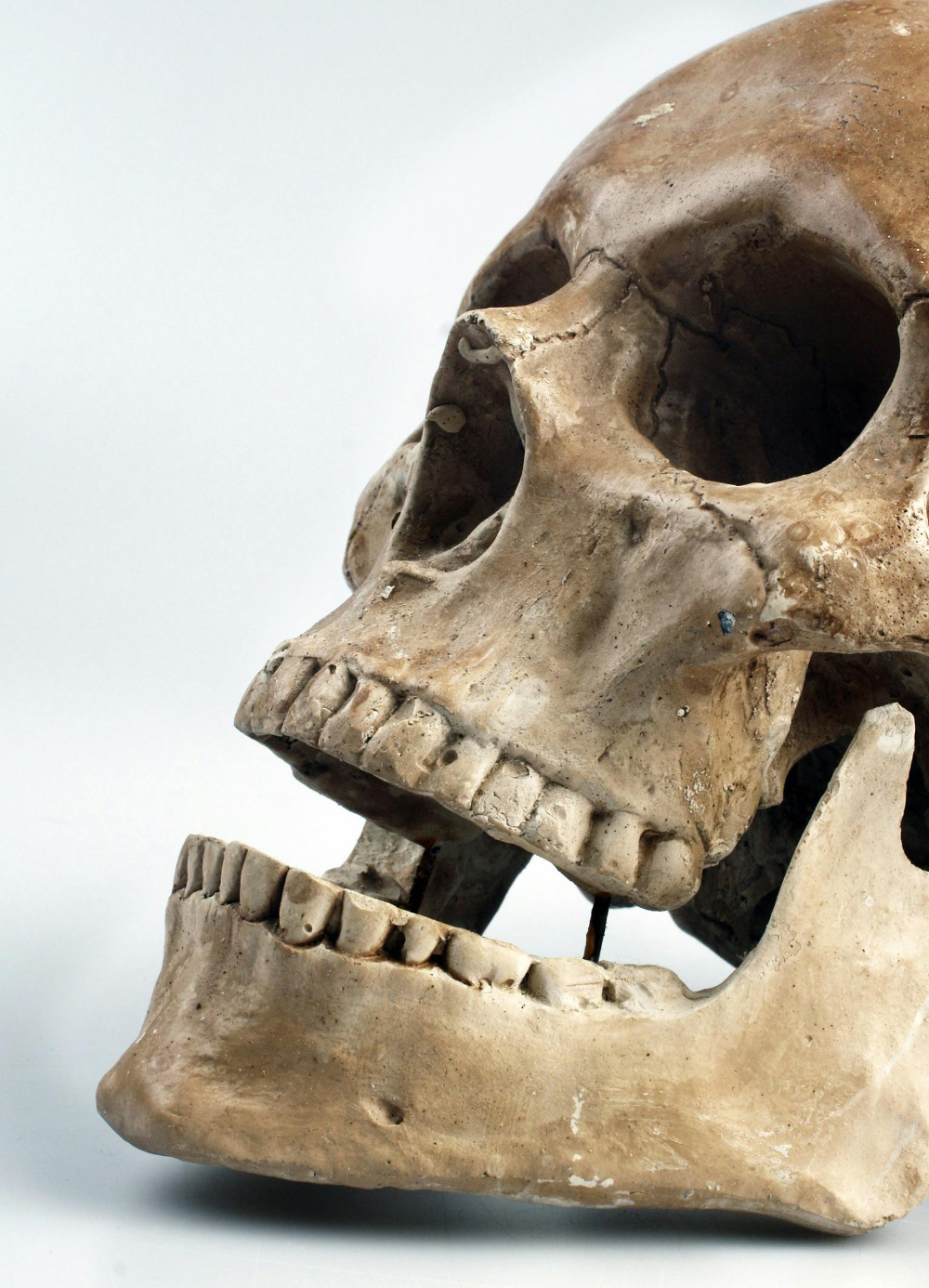
Is Fluoride in the water a helpful fix or just covering the cracks
There’s talk again about adding fluoride to drinking water (this time in Plymouth) as a way to tackle rising levels of tooth decay, especially in children..

Simple Mobility Exercises to Relieve Stiff Joints
If you're spending all day at a desk, you've probably had to put up with creaking joints, cramped muscles, and occasional aches. The bright side?.
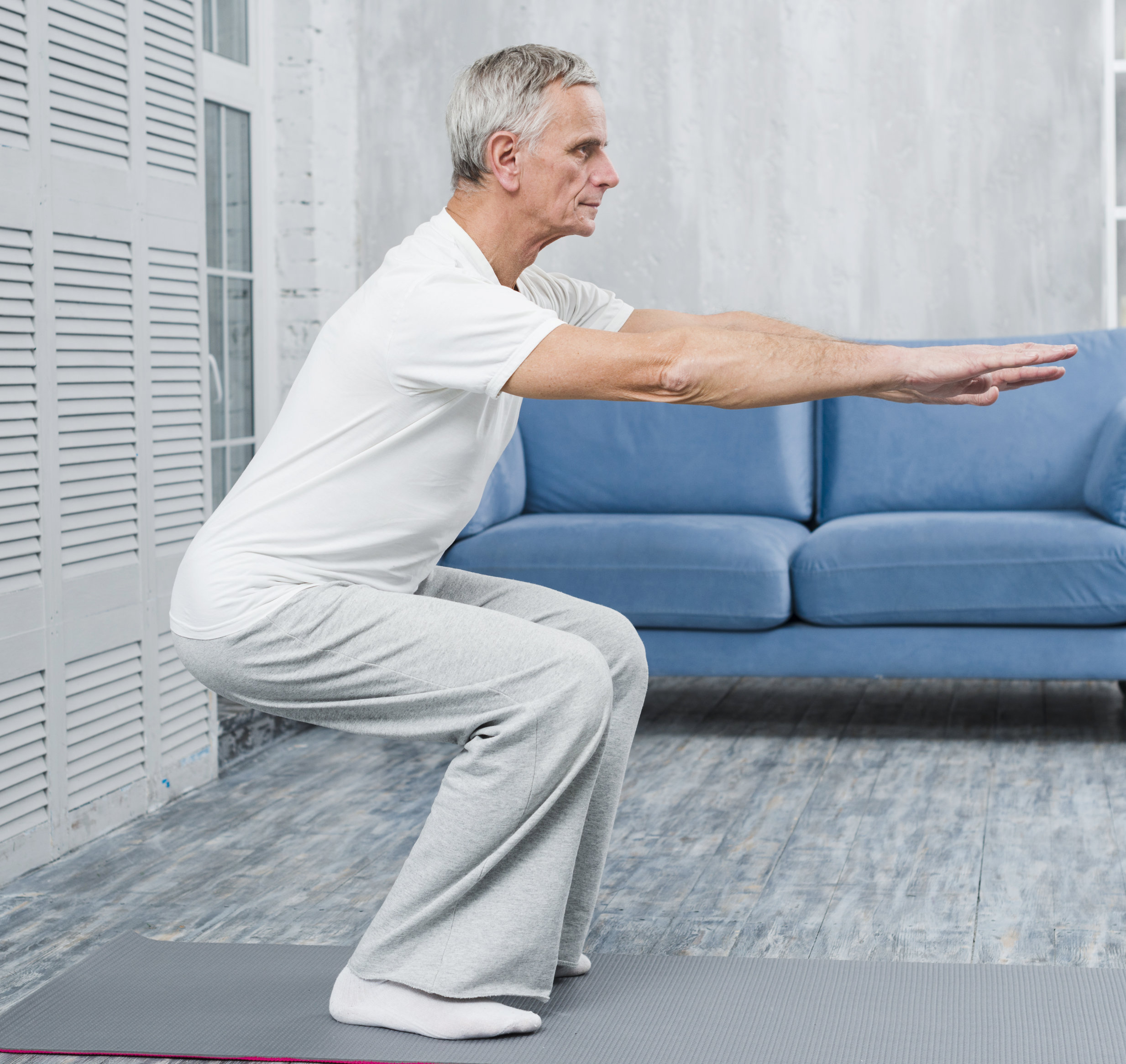
How Strength Training helps to Relieve Pain in Knees
Knee pain is infuriating. It can creep up on you over a period of time or hit you after many years of keeping active..

How to manage stress while maintaining good health
Life in a high-pressure job can be demanding, and stress often feels like an unavoidable companion..
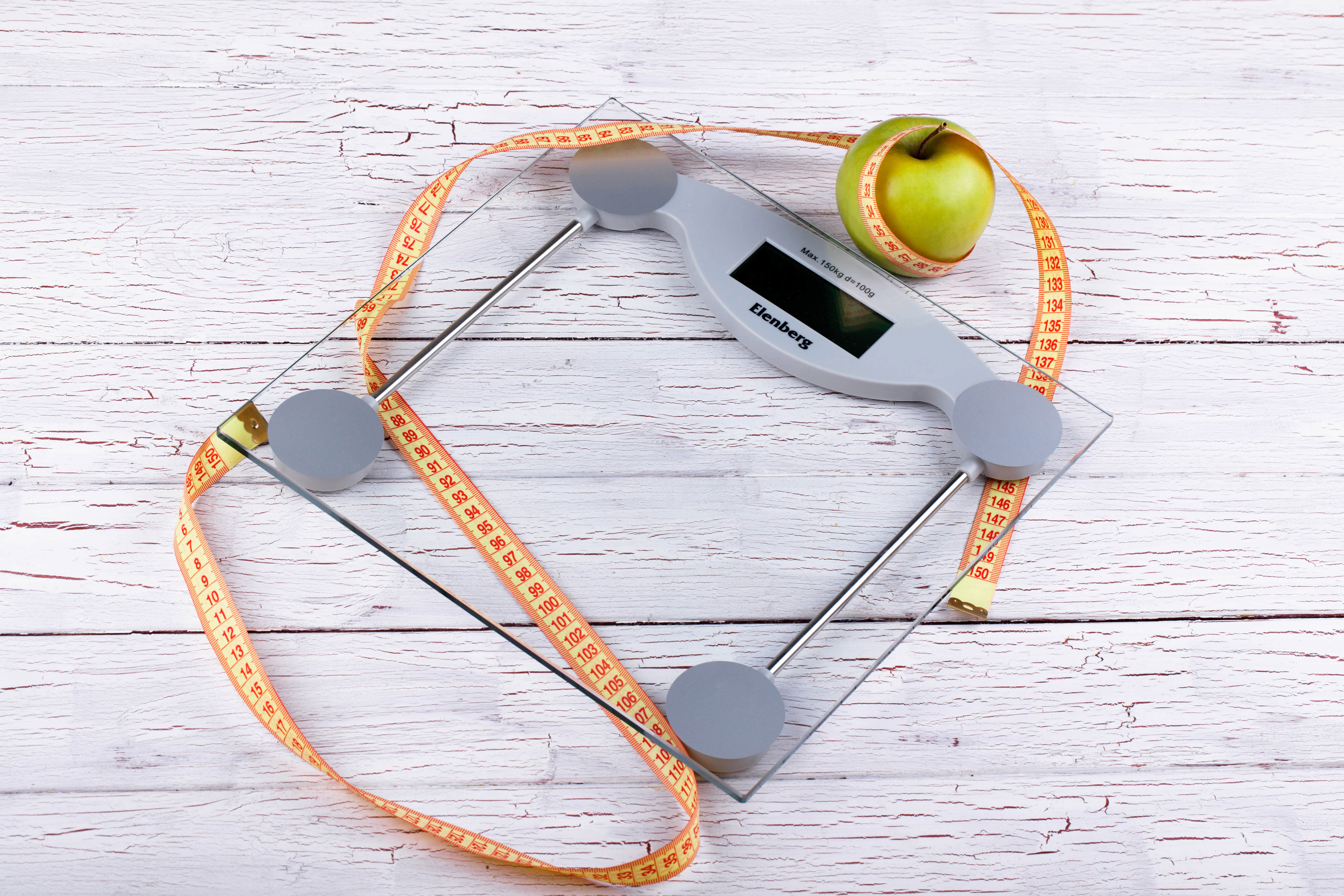
Is GLP1 a New Tool in the Fight Against Obesity
The UK government recently announced [1] a major trial investigating weight-loss drugs like GLP-1 agonists (e.g., tirzepatide) as part of the ongoing strategy to tackle rising obesity..

Why New Year's Resolutions often fail and how to Succeed
Did you know that a huge number of people (nearly 80%) give up on their New Year's resolutions by February?.

Gut Health The Game Changer for 2025
Gut health is fast becoming the wellness buzzword, and for good reason..

Understanding and Implementing Contrast Strength Training
Strength training has evolved into a science, and one method standing out in both athletic performance and general fitness is contrast strength training..

Turmeric: The Golden Spice of Health and Fitness
Turmeric, a vibrant yellow spice native to Southeast Asia, has gained global recognition not only for its culinary appeal but also for its impressive health and fitness benefits..

Sitting too much is harming your heart
Modern lifestyles have made prolonged sitting a daily norm, from long office hours to unwinding on the couch..
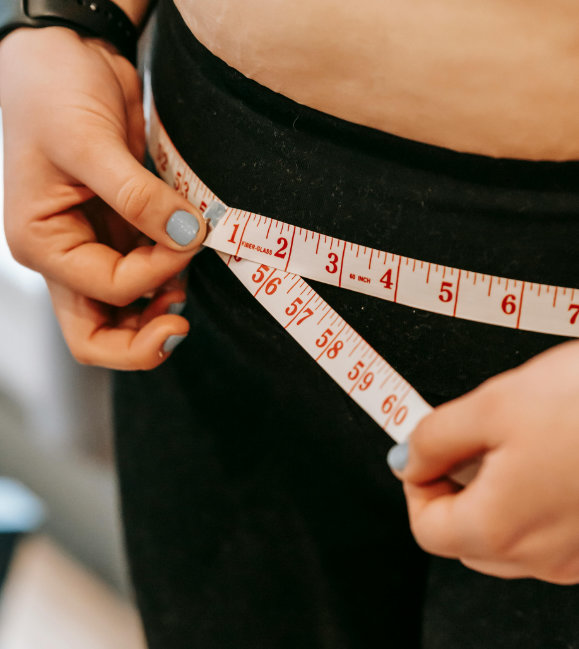
Why High Calorie Restriction Diets Don't Really Work
When people want to lose weight fast, the first instinct is often to drastically cut calories, believing that eating less will lead to quick fat loss..

Strength Training Builds a Foundation for Lifelong Health
As we age, maintaining our physical health becomes increasingly important, yet many people still believe that getting stronger is something reserved for younger years..
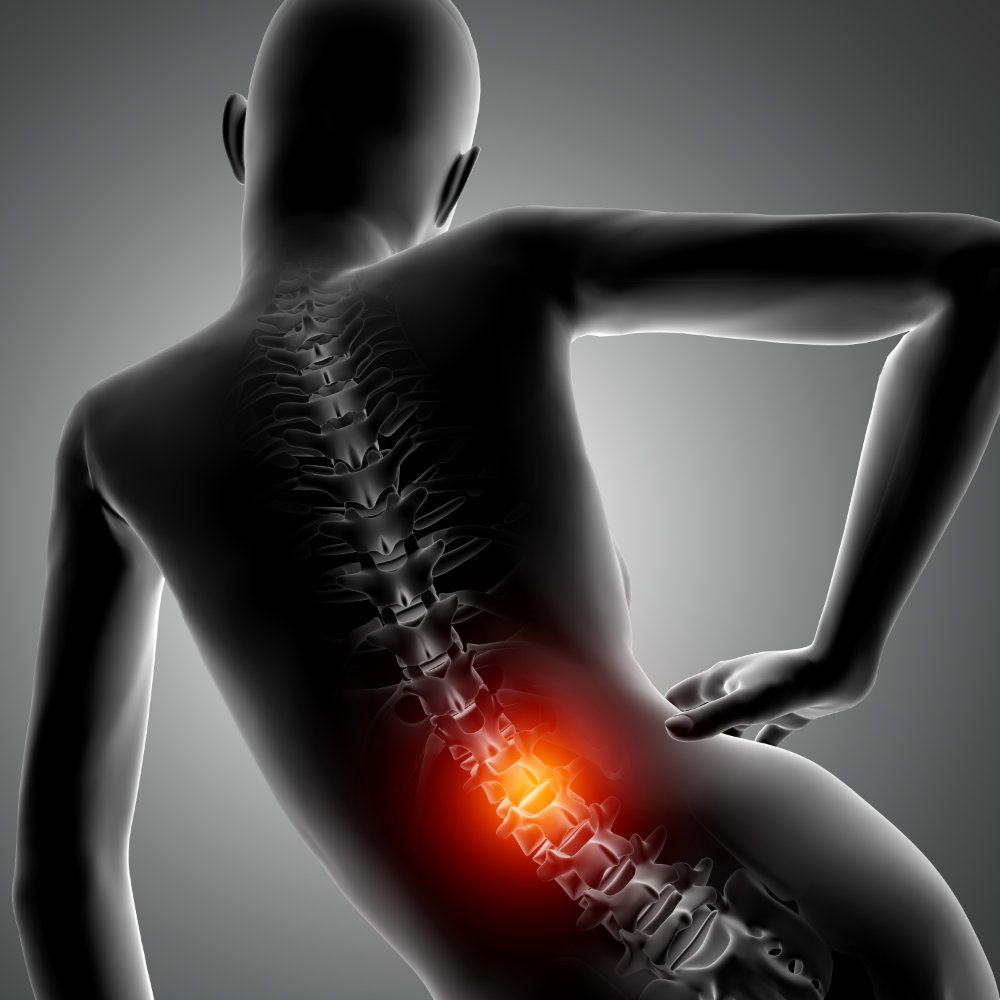
Top 10 benefits of Resistance Training has for treating the symptoms of lower back pain
Resistance training offers lots of benefits for treating the symptoms of lower back pain, making it an essential part of a pain reductions programme..

The Power of Protein: Why your body needs it
What exactly makes protein so essential, and how can you ensure you're getting the healthiest sources?.

Is a periodised training programme only beneficial for athletes
When it comes to achieving optimal fitness and performance, the concept of periodised training has long been a cornerstone in the world of athletics..

Can Exercise Reverse Type 2 Diabetes
Different forms of exercise, from aerobic activities to resistance training and HIIT, offer unique benefits in improving insulin sensitivity and overall health..

Is Exercise a Natural Antidote to Depression
Incorporating physical activity into your routine can contribute to a brighter, more resilient mental state..

Does Static Stretching Before Exercise Decrease Performance
Numerous scientific studies have shown that static stretching before exercise can actually have a negative impact on performance..

The Benefits of Resistance Training for Children
Resistance and weight training have long been associated with building muscle and improving strength in adults. However, there is a growing body of evidence suggesting that these forms of exercise can also be highly beneficial for children and adolescents..

Is Strength Training good for managing the Menopause
Menopause is a significant phase in a woman's life, marked by hormonal changes that can bring various physical and emotional challenges..
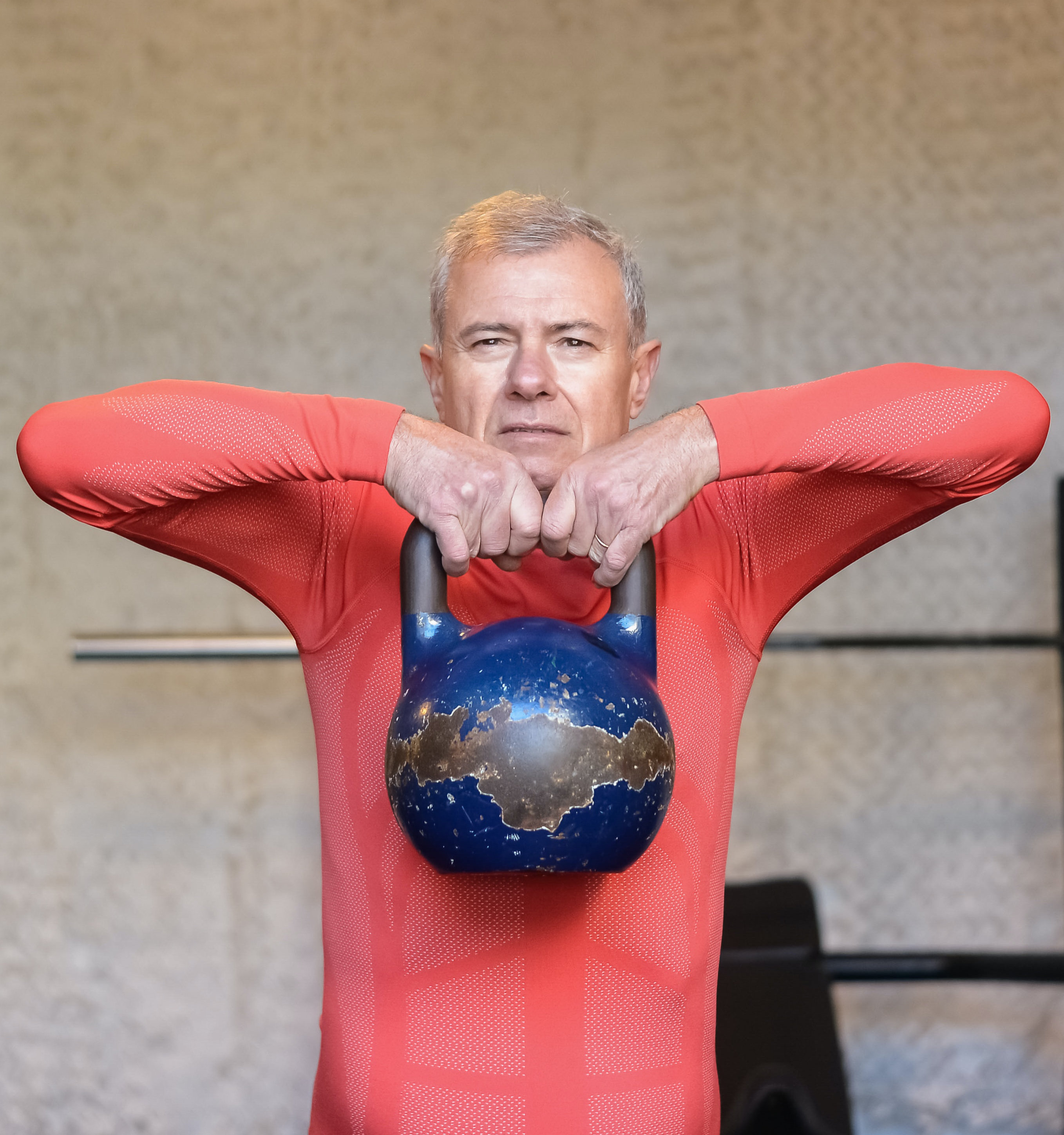
Is the Kettlebell the Ultimate Workout Tool
In the realm of fitness, the search for the ultimate workout tool is endless. When it comes to efficiency, versatility, and effectiveness, I think it could be the kettlebell..
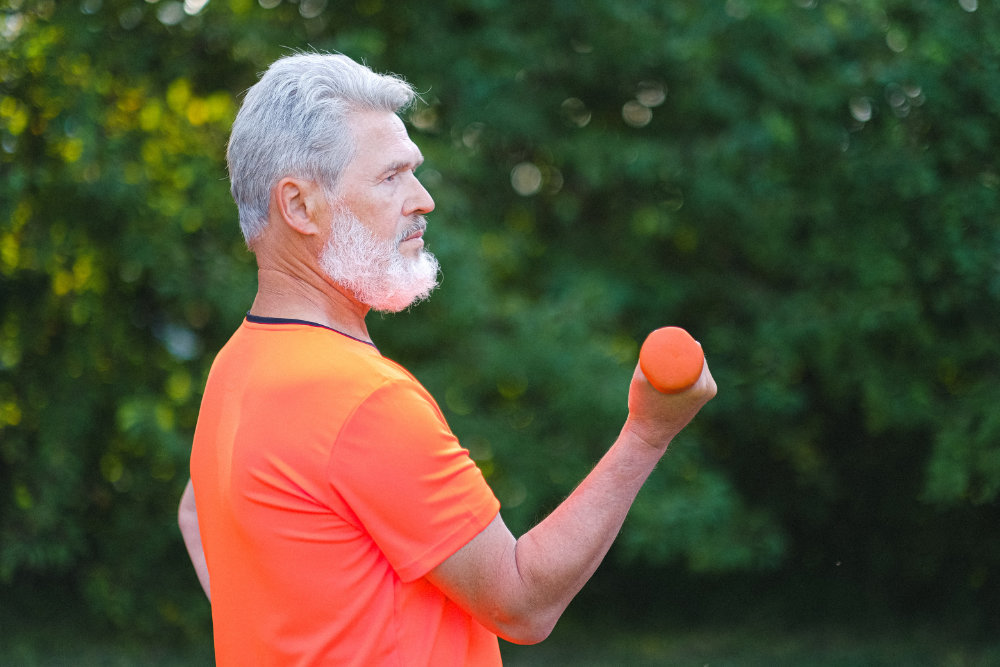
Use it or lose it as the old saying goes
As the years go by, it is commonly believed that our bodies inevitably lose muscle mass, bone density decreases, and overall strength declines. However, scientific evidence suggests otherwise..

Hypertension and High Intensity Interval Training
If you’re currently suffering from hypertension or pre-hypertension then perhaps carrying out some form of High Intensity Interval Training (HIIT) might be able to help reduce it..